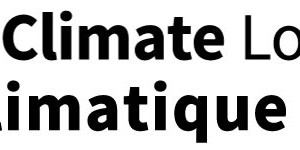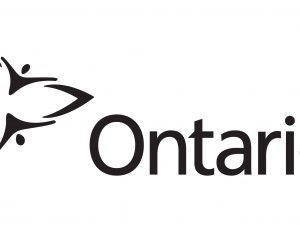Media Release: August 8, 2016 , Contact: cathy@citizensclimatelobby.org or 705-929-4043 Sudbury ON – Catherine McKenna, Minister of Environment and Climate Change, will meet the Atlantic region’s environment ministers August 9th in Halifax to discuss climate change solutions. On the table will be pricing carbon pollution. On Friday, July 15, 2016, the Minister of Environment and Climate Change, Catherine McKenna and Canada’s Carbon Pricing Leadership Coalition (see*below) released a joint statement supporting a national carbon price, as well as Minister McKenna’s announcement that Canada will have a national carbon price by the end of the year. The upshot of this is that Environment Ministers across the country must choose how they will carry out the federal mandate. Leaders in Atlantic Canada, including economists, government leaders and climate and social activists have been calling for a “Made in Atlantic Canada” plan to fulfill this, our carbon reduction obligation as agreed upon at the Paris Climate Summit. This means one that would not hurt the approximately fifty percent of Nova Scotians (and similarly in the other three Atlantic provinces) whose annual income is $32,000 or less. A homegrown solution to all of these concerns can be found in the Carbon Fee and Dividend plan for which Citizens’ Climate Lobby has been lobbying since September 2010. A revenue-neutral fee is placed on carbon-based fuels at the source (the well, mine or port of entry). The fee increases steadily each year. This predictability will send a clear market signal which will unleash entrepreneurs and investors in the new clean-energy economy. All of the revenue collected is returned to Canadians on an equitable basis. Under this plan most Canadian households would break even or receive more in their dividend cheque than they would pay for the increased cost of energy, thereby accomplishing the Atlantic Canadian necessity to protect low income households and spare the middle class ones. Other civil society groups such as Ecojustice , KAIROS, Canada 2020 and Canadians for Clean Prosperity have all called for a national carbon tax over cap and trade. The Canadian Unitarians for Social Justice (CUSJ) specifically support carbon fee and dividend. Not just the grassroots support carbon pricing. In November 2014, the Clean50, a group of corporate leaders wrote an open letter calling for a national carbon price that would reduce income tax and incentivize investments in clean tech. In March 2015, Sustainable Canada Dialogues, a consortium of 70 academics released a paper “Acting on Climate Change: Solutions from Canadian Scholars” called for a national carbon price. In April 2016, the Canadian Mining Association called for a national, economy-wide and revenue-neutral carbon price. Cathy Orlando, national manager of Citizens’ Climate Lobby, states: “In 2017, Canada will have a national price on carbon. By working together across Canada we can make 2017 a year when we not only celebrate Canada’s 150th birthday and its 100 years since Vimy Ridge commemorative events, but also finally start shifting some of PM Borden’s regressive and “temporary income tax of 1917” towards pollution taxes. After all, we should be taxing the things we don’t like and not taxing the things, such as income, we like. Why? Because it’s 2016!”CARBON PRICING INEVITABLE: CHOOSE CARBON FEE & DIVIDEND
*Canada’s Carbon Pricing Leadership Coalition includes:
Air Canada, Barrick Gold Corporation, BMO Financial Group, Canadian Tire Corporation, Carbon Engineering Ltd., Catalyst Paper Corporation, Cement Association of Canada, Cenovus Energy Inc., Desjardins Group, Enbridge Inc., IKEA Canada, Loblaw Companies Limited, Resolute Forest Products Inc., Royal Bank of Canada, Scotiabank, Shell Canada Limited, Suncor Energy, TD Bank Group, Teck Resources Limited, TELUS, The Co-operators Group Limited, The Toronto Dominion Bank Group, TransCanada Corporation and Unilever Canada Inc.
ATLANTIC CANADA MEDIA RELEASE: Carbon Pricing Inevitable: Choose Carbon Fee and Dividend
Home » CCL Canada News » ATLANTIC CANADA MEDIA RELEASE: Carbon Pricing Inevitable: Choose Carbon Fee and Dividend
ATLANTIC CANADA MEDIA RELEASE: Carbon Pricing Inevitable: Choose Carbon Fee and Dividend
Posted on August 5, 2016 in Media Release





